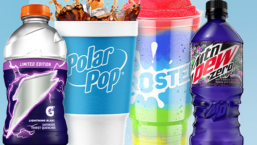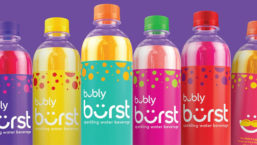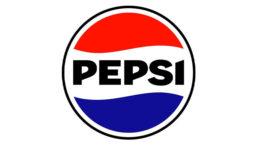Home » Keywords: » PepsiCo
Items Tagged with 'PepsiCo'
ARTICLES
poppi is a functional soda brand that combines prebiotics, fruit juice, and apple cider vinegar to create a low calorie soda
Read More
Manufacturers Talk Marketing, Strategy
Food and beverage company executives headline the WMU Food Marketing Conference in March
February 6, 2025
Top 10 Food and Beverage Industry Developments in 2024
Exploring key innovations and shifts driving consumer preferences and industry growth
January 3, 2025
PepsiCo Names Winner of of 2024 Greenhouse Accelerator: Juntos Crecemos Edition
¡Ya Oaxaca! specializes in salsas and mole sauces awarded grand prize following extensive five-month mentorship program
December 3, 2024
Pepsico to Acquire Full Ownership of Sabra and Obela
The move enables PepsiCo to accelerate innovation in refrigerated fresh dips and spreads to meet growing consumer demand
November 29, 2024
PepsiCo Partners with Einride to Electrify US Frito-Lay Food Routes
PepsiCo aims to reduce its Scope 3 emissions, often the largest and most challenging source of emissions for companies
November 6, 2024
Pepsico to Acquire Siete Foods
The $1.2 billion acquisition will complement PepsiCo's portfolio with the addition of an authentic, Mexican-American brand
October 8, 2024
Circle K Offers Exclusive Gatorade Lightning Blast for Summer
The convenience store chain is offering Polar Pop and Froster at any size for $0.79 cents at participating locations
May 3, 2024
Bubly Burst Sparkling Water
The lightly sweetened beverage is made with bold fruit flavors, zero added sugar, and minimal calories
April 2, 2024
Pepsi Rolls Out New Look
This is the first visual identity change in 14 years for the iconic brand across 120 countries worldwide
March 5, 2024
Unlock the Future of Food and Beverage Innovation
Are you a leader in research & development? Stay ahead of the curve with Prepared Foods, the premier source of information and insights for today's trend leaders and taste-makers in food and beverage manufacturing.
JOIN TODAYCopyright ©2025. All Rights Reserved BNP Media.
Design, CMS, Hosting & Web Development :: ePublishing









